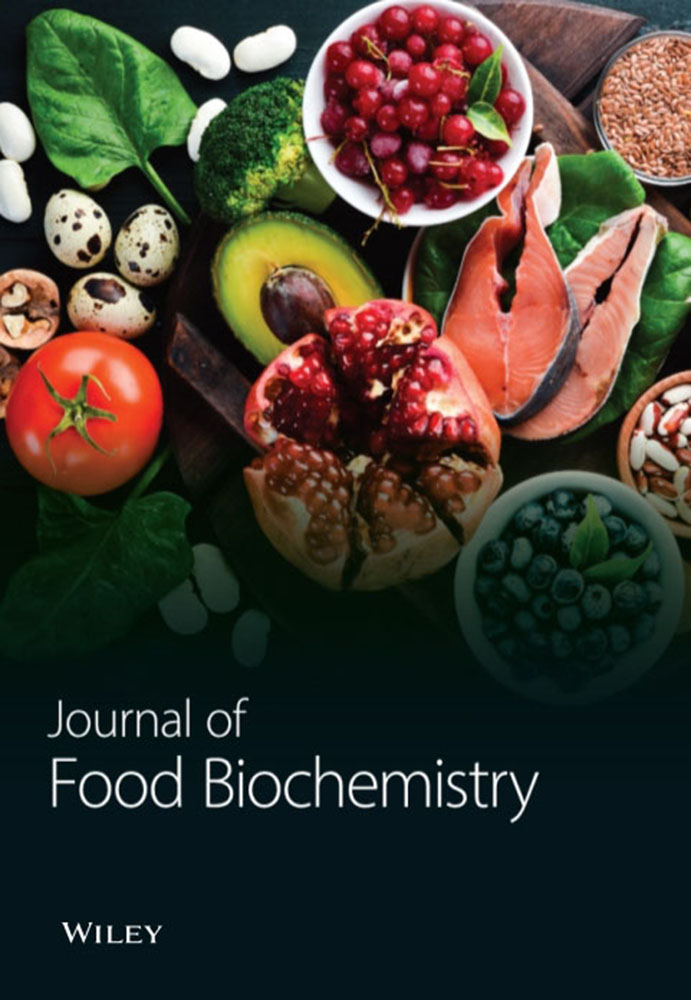Screening and Characterization of Potential Acetylcholinesterase Inhibitors From Phyllanthus emblica L. Fruits Using Affinity Ultrafiltration Combined With Ultra‐High‐Performance Liquid Chromatography–Mass Spectrometry
Abstract
In this study, targeting acetylcholinesterase (AChE) related to Alzheimer’s disease, a screening method, affinity ultrafiltration combined with ultra-high-performance liquid chromatography–quadrupole-time-of-flight mass spectrometry (AUF–UHPLC–Q-TOF MS) was developed for the discovery and identification of AChE inhibitors from Phyllanthus emblica L. fruits, a medicinal and food homologous plant. The 30% ethanol extract of P. emblica fruit was incubated with AChE allowing active components to form complexes with AChE. Subsequently, the complexes were separated from the incubation and dissociated to release active components, followed by UHPLC–Q-TOF MS analysis. Ultimately, a total of 18 compounds bound to AChE were screened out and identified. Among them, elaeocarpusin, putranjivain A, and chebulagic acid were confirmed to possess the highest affinity to AChE by molecular docking. Subsequently, the AChE inhibitory activity of commercially available chebulagic acid and corilagin was verified in vitro. Ultimately, cellular assays demonstrated that both chebulagic acid and corilagin enhanced cell viability in a concentration-dependent manner when compared to a model of AD cells induced by Aβ25–35. Moreover, it was noted that chebulagic acid exhibited superior protective effects relative to corilagin against Aβ25–35-induced injury in PC12?cells. These findings indicate that the developed methodology is not only straightforward and rapid but also reliable, offering significant insights for the screening of active compounds from complex medicinal and food homologous plants.





